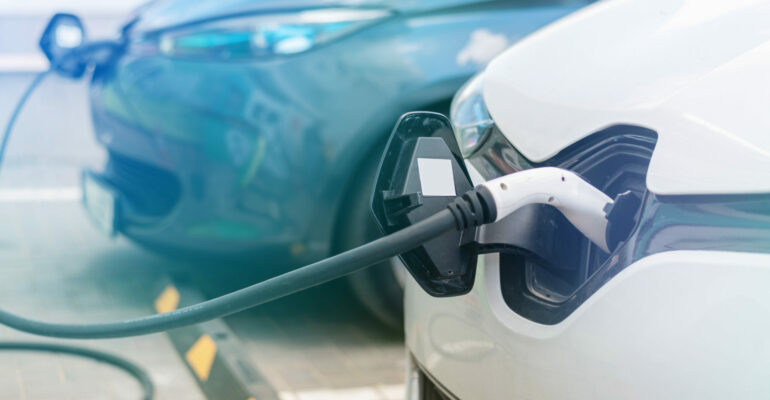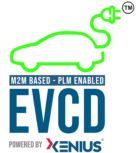IoT helps increase the efficiency of EVs
August 16, 2022 2022-08-29 13:10IoT helps increase the efficiency of EVs

IoT helps increase the efficiency of EVs
INTRO: Battery-run electric vehicles (EVs) are the solution to a sustainable future as they offer emission-less transport and in turn, curb any harm to the environment. The Internet of Things (IoT) helps increase the efficiency of EVs, making them more dependable, along with helping to provide necessary data to EV owners. If cybersecurity threat and other costs can be curbed, IoT-backed smart vehicles can be a viable, eco-friendly fix.
IoT can communicate with the vehicle’s BMS to detect any fault or anomaly in the EV’s operation. It has an advanced system that alerts both the EV owner and manufacturer about faults in advance
IoT also provides the EV owner with all of the necessary data, such as battery usage, charging report, payment report and so on
Air pollution is on the rise and it has a negative impact on the environment. Cities are looking for solutions to this problem. One of the most important ways to control urban air pollution is to reduce vehicular pollution. Electric vehicles (EVs) are a forward-thinking step in this direction.
EVs are intelligent technological machines that run entirely on batteries. They have no emissions and are thus better for the environment. EVs don’t have an engine except for two electric motors powered by a Lithium Ion battery. As a result, it performs better and requires less maintenance.
The basic function of the Battery Management System (BMS) is to monitor and control battery processes such as charging and discharging cycles. BMS ensures that the battery’s health is good and reduces the risk of damage. It operates in a way that optimised energy from the battery is delivered to power the vehicle.
During charging and discharging, the BMS monitors the battery’s key parameters such as voltage, current and temperature. Based on the measurement, it estimates parameters such as power, voltage, current drawn, total load, state of charge (SoC), and state of health (SoH).
IoT (Internet of Things) makes the EV and battery pack more dependable and energy efficient. EV manufacturers are increasingly turning to high-quality Li-ion battery packs due to their longer life and wider range of high energy density. IoT aids in preventive maintenance by monitoring EVs and their parameters in real time.
IoT can communicate with the vehicle’s BMS to detect any fault or anomaly in the EV’s operation. It has an advanced system that alerts both the EV owner and manufacturer about faults in advance so that they can be addressed on time. This can prevent the EV from completely breaking down and improve the customer experience.
IoT also provides the EV owner with all of the necessary data, such as battery usage, charging report, payment report and so on. This intelligent system also informs the driver of any nearby charging stations. It also tracks the driver’s behaviour, such as average speed, lane changes while driving and over-speeding. It further allows fleet owners to identify drivers who are not driving safely.
The main challenges with IoT-based systems are cybersecurity threats and EV costs. Because EVs are connected to the internet, they are vulnerable to hackers. When an IoT based system is hacked, sensitive information such as credit/debit cards, home addresses, mobile phone numbers, and many other things can be lost.


